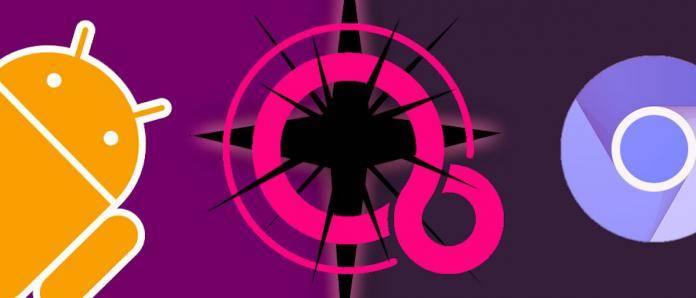
Is Google replacing Android as its top mobile platform? We don’t think that will happen anytime soon but the tech giant has been working on a project called Fuchsia. It’s the hot pink color other people often confuse spelling. Since over a couple of years ago, we started talking about the new OS which we first thought was for IoT devices. The project soon received a new logo for better identity and recognition and then we learned it’s actually a new non-Linux based OS.
Details are still rather bleak but Google has been sharing some information with the world. We don’t think it’s just for the Internet of Things especially since after we got to download the APK and preview the new Fuchsia OS.
Back in January, a Google Pixelbook was sighted having Fuchsia inside. We then imagined if it would launch as a desktop OS. The secret project could really run on a Pixelbook and a demo ready on the web showed us more what it can do. And then only last April, Fuchsia OS was spotted on Android Open Source Project with Android Runtime. So will it really replace Android?
Google appears to be unsure of the system. It was developed from scratch by a team of hopeful engineers within the tech company, aiming to come up with something that may replace Android. Not that Android needs replacing, we think it only needs to improve and advance some more. It still is the dominant mobile platform in the world anyway so it doesn’t really need a major change.
Fuchsia is more becoming “online” and “wireless” in such a way updates and interactions may depend on other sensors. It’s going the direction of artificial intelligence. Initially, the project was only for small devices lime smart home products but it could also be for bigger machines like laptops.
Fuchsia OS may or may not take over Android and even Chrome but it’s really not clear. There is no roadmap yet which is a big indication Alphabet or Google isn’t making the huge leap. There have been talks that within the company, there are debates about how the system should be implemented.
Unlike the early Android, Fuchsia OS is built to handle voice operations. We’re assuming Google wants more voice-enabled apps and with Fuchsia’s voice interaction as one of its main features, then the idea will move a step higher. What’s better about the OS is that it can adapt to different screen sizes which means you can use it on your TV, laptop, or in your car among others.
No further explanations were given but Fuchsia is only “one of many experimental open-source projects” according to Google. It’s just one project so we can’t say it will replace Android. It’s too big of a task but we see the potential. If and when Google decides to move forward with Fuchsia OS, then it may be setting up itself for a lot of challenges ahead of transitioning and integration.









